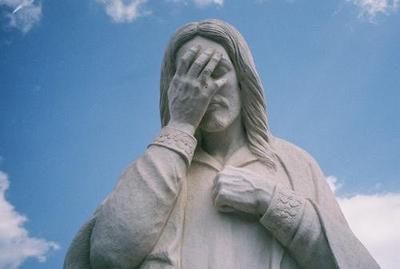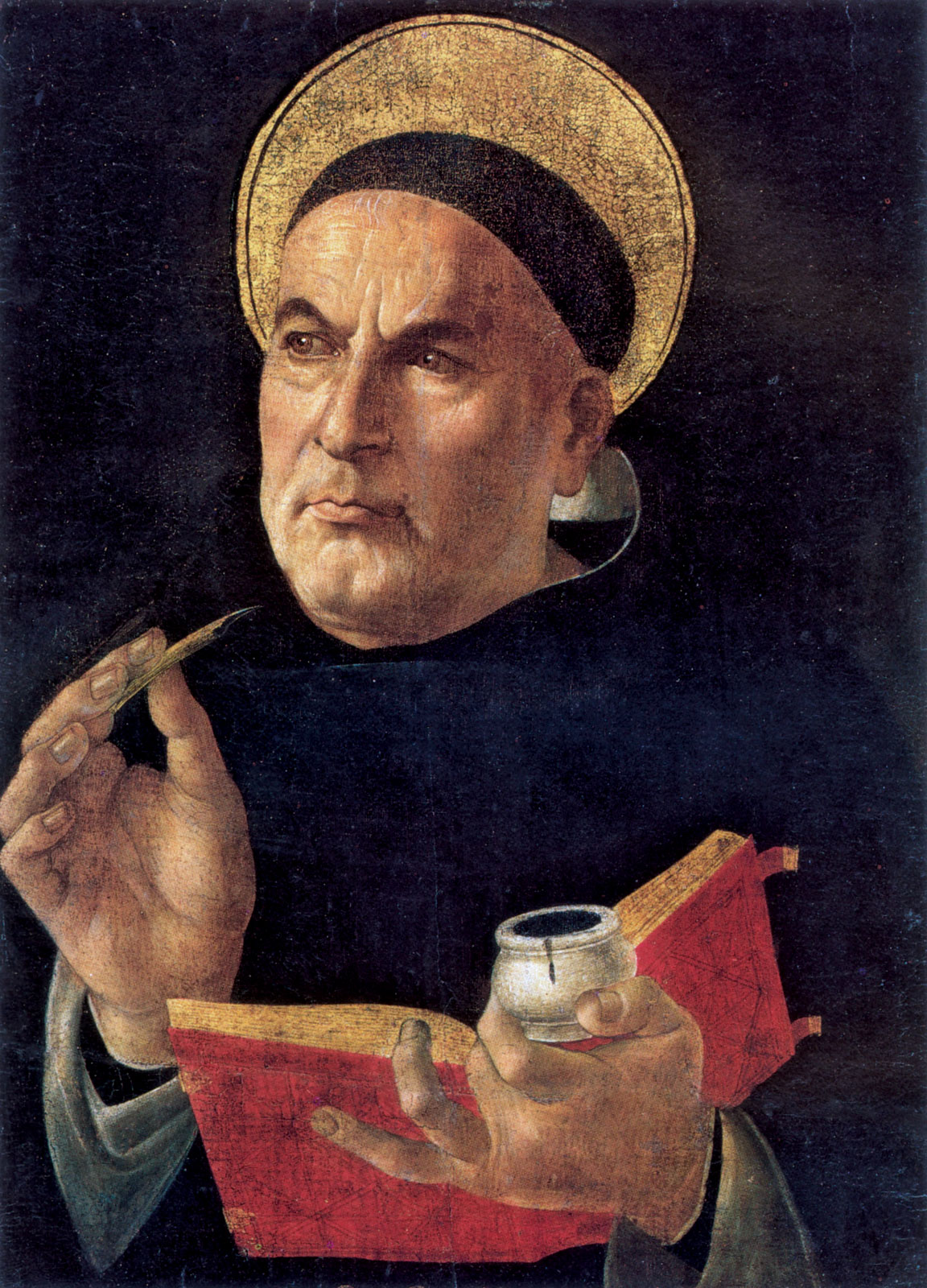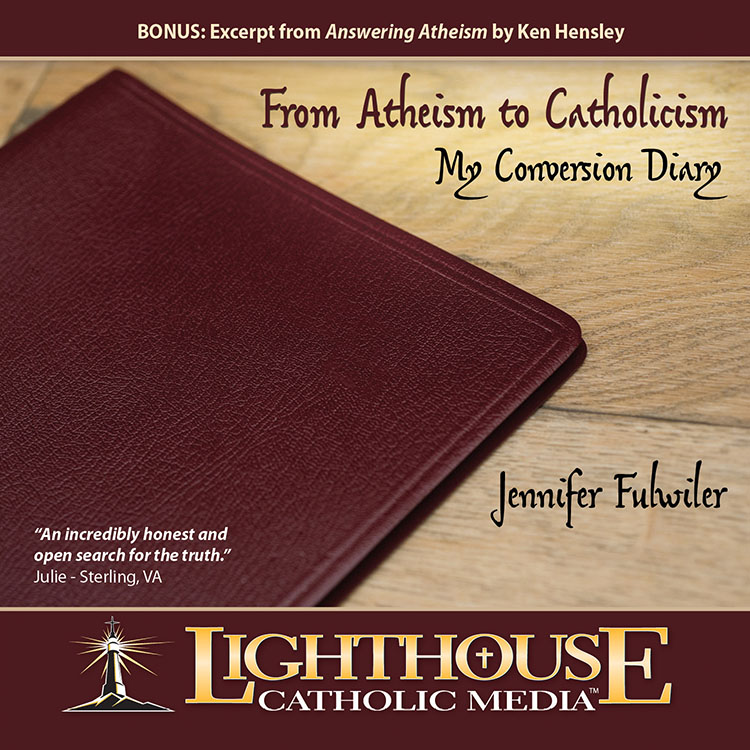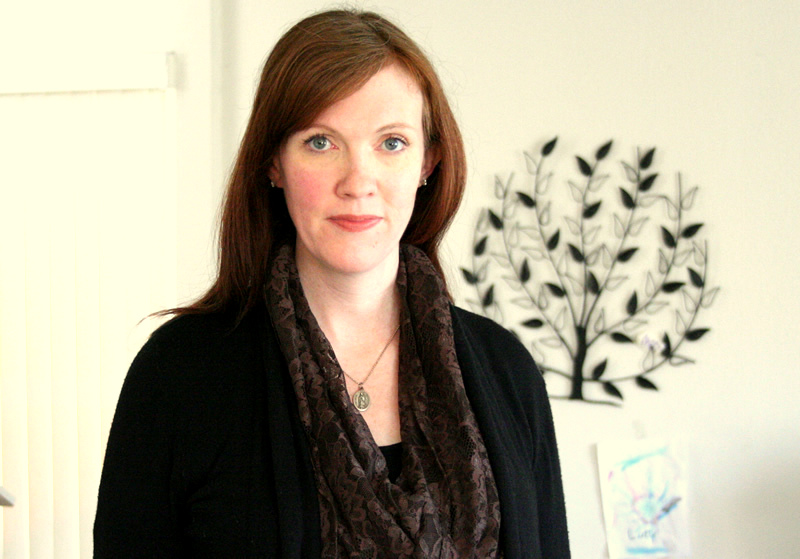How many have heard the term, “Cafeteria Catholic”? It refers to Catholics who pick and choose which teachings of the Church they follow.
Now, let’s imagine we’re typical Cafeteria Catholics. I’m going to name some ideas or issues, and you can tell me whether a Cafeteria Catholic would take it or leave it:
- God’s love… (take it)
- only men can become priests… (leave it)
- God’s mercy… (take it)
- helping the poor… (take it)
- hell… (leave it)
- heaven… (take it)
- the Eucharist… (take it)
- baptism… (take it)
- contraception… (leave it)
- sex outside of marriage… (leave it)
- going to Confession… (leave it)
- abortion… (leave it)
- Church’s teaching on protecting the environment… (take it).
I was inspired to talk about this because of today’s first reading, which says twice, “All the words that the Lord has spoken we will do” (Ex 24:3,7). It struck me that they would obey everything that God asked them to do, and not pick and choose.
I must admit, I’ve never struggled with cafeteria Catholicism. I guess that’s because it never made sense to me. As a teenager, I realized that when I heard about picking and choosing which teachings of the Church to follow, I realized that people who did this always chose the teachings that were easy to follow, but always rejected the teachings that required sacrifice. I thought to myself, “Wait a minute, you’re not rejecting the teaching because of a substantial reason, but just because it’s hard for you. That doesn’t make sense. Just because something’s hard doesn’t mean it’s wrong. It’s just a personal preference; it’s not like you researched the question and found there’s no good reason for the teaching.”
I also realized, “If you reject one teaching of the Church, why not reject them all? If you distrust the Church, why do you trust the Church on some issues? Sounds like you’re doing it more out of convenience.”
Those were my initial thoughts as a teenager. After deeper reflection, here’s what I’ve come up with. Cafeteria Catholicism isn’t very biblical. I couldn’t imagine our Mother Mary saying to the angel Gabriel, “Well, I’ll be the mother of God, but He can’t go to the cross, not my son!” Or Abraham saying, “I love God, but that whole thing about going to a foreign land—hmm…” Or the disciples saying to Jesus, “I like your story about the prodigal son, you know, God forgiving him and all that. But I disagree with your teaching on hell.” I could imagine Jesus doing a facepalm in reaction.
No saint has ever been a cafeteria Catholic, I imagine, for two reasons: 1) it’s actually not that virtuous; 2) they all trusted the Church, even though many of them were hurt by the Church.
A Grade 9 student once told me: “Father, people who disagree with the Church’s teaching on gay marriage are just going along with popular opinion. They take the easy way out and just say things like, “Well, it’s not hurting anyone,” without asking, “Is it good for people and society and children?” As far as I know, Cafeteria Catholics’ opinions almost always mirror popular culture and opinion. They don’t actually know why the Church teaches what she teaches, and have never really tried to find out.
St. Thomas Aquinas asks a relevant question: if I don’t believe one teaching of the faith, can I have faith in other teachings? He says, “No,” because once I disbelieve one teaching, I lose the whole virtue of faith. Today, for example, is Corpus Christi, meaning “the Body of Christ” in Latin, when we celebrate Jesus’ presence under the appearance of bread. Why do we believe this? We can’t prove it. Physically, chemically, it appears to be bread. How do we know it gets transubstantiated? By faith in the Church. If we believe in the Eucharist, it’s because we trust in the Church—that’s logical. But if we say, “I believe in the Eucharist, but not in the Church’s teaching on gay marriage, contraception, etc.,” then why trust the Church on one thing and not the other?
It’s like a friend helping us go to Europe for the first time. We’ve never been there, but she’s an expert because she’s lived there and has led tours there. She says, “When you go to Europe, take these trains, stay in these hotels, go to these places, but don’t take those taxis.” But we say, “I’ll take your advice on the train, hotels, and places, but not on the taxis.” “Why not?” “I disagree with you.” “Why?” “Because everyone takes those taxis.” “Then you don’t trust me. Why take my advice on these parts but not on those parts.” “Because the first part makes sense to me, but not the part about the taxis.” But do you see? There’s no trust in this relationship.
So once we disbelieve God or the Church on one thing, we don’t trust them. Once we distrust the Church on one issue, why believe her on the Eucharist?
There’s this amazing CD at our Lighthouse Catholic Media stand called From Atheism to Catholicism. It’s simply amazing. It’s about a women who never believed in God, but was slowly led through research to become Catholic. She fell in love with Catholicism on so many levels but one issue still stopped her: contraception. Contraception was like air and water for her: something we need. But in the spirit of finding answers, she researched it and was shocked that the case was compelling. She started writing enthusiastically about this on her blog.
Two weeks after writing these posts, she was diagnosed with a deep vein thrombosis, a serious blot clot in a major vein, then diagnosed with a genetic clotting disorder that in particular makes pregnancy very dangerous. Her doctor said she had to use contraception, that her life would be in danger if she didn’t. Some people who knew she was getting interested in Catholicism said, “Jenn, don’t stick with these teachings, just take the Church’s teachings piecemeal, take the ones you like and then just don’t follow the ones, like contraception, that obviously aren’t going to work for you.”
But she said that didn’t make sense to her. She said, “The only question that you should ask when you’re evaluating Catholicism is: is this church guided by God in its teachings or not? Because if it’s not, then there’s no reason to listen to anything it says, starting with its claim that it chose the correct books for the canon of the Bible. But if it is, then to say that you know better than the Church is to say you know better than God.” (Please remember that the only reason we believe in the New Testament is because the Catholic Church tells us. Jesus didn’t give us the New Testament, He gave us the Catholic Church, which made the New Testament.)
For the first time in her life she began to pray and rely on God and she really began to experience God’s grace. She made the choice to follow Church teaching and placed her trust in God and asked Him to work it out. Almost immediately when she went back to the doctors and told them that she’s about to become Catholic and would refuse to use contraception, all of sudden, they had new options for her and creative treatment plans that would help her health without having to compromise her morals. She notes that those options weren’t presented to her before. It was only when she stood her ground that she found out about them. She says, “I got to experience firsthand that truth that God asks only that we be faithful, not that we have all the answers… It was the first time that I really realized that the rules of this church are not confining laws to keep us in line! They’re more like a prescription for a life of love written by the perfect doctor. No one will force you to follow it. You don’t have to follow the prescription, but you’re missing out if you don’t” (Jennifer Fulwiler, Track 9, 1:57; Track 10, 0:45).
That’s a great way to end it. God asks us to trust Him. If we’re having difficulty with an issue, we should study it, talk to someone who’s knowledgeable about it, but most importantly, let’s ask for the grace to trust God and the Church.
Remember what we said about drunkenness? The same thing applies here: if we didn’t know this is wrong, then we’re not guilty. But now we know that God asks total trust in His teachings.
When we do, everything opens up. I never knew, for example, why only men could become priests, but I accepted the Church’s teaching, and then started asking why. Then I met the sister who is an authority on this subject and she taught me why, with compelling reasons! But, had I just refused to believe, I would never have found the answers because Cafeteria Catholicism inhibits our learning: it just refuses to believe and shuts down learning. But faith in the Church impels us to find answers to why we believe what we believe. That’s why Jesus says, “If you continue in My word, then you will truly be my disciples, and you will know the truth, and the truth will set you free” (Jn 8:31-32). “All the words that the Lord has spoken we will do.”